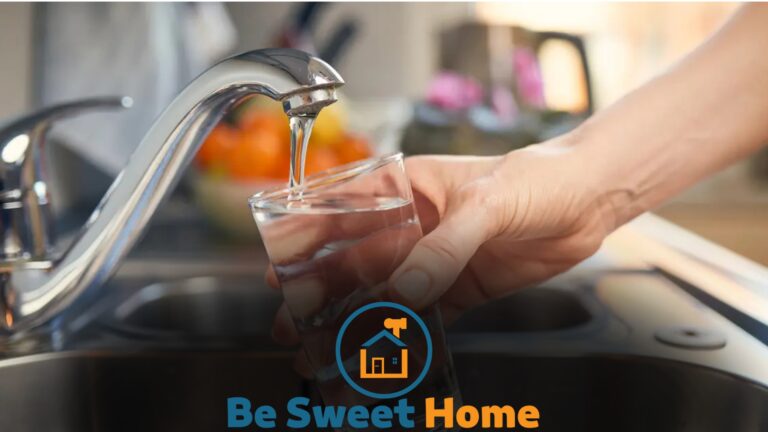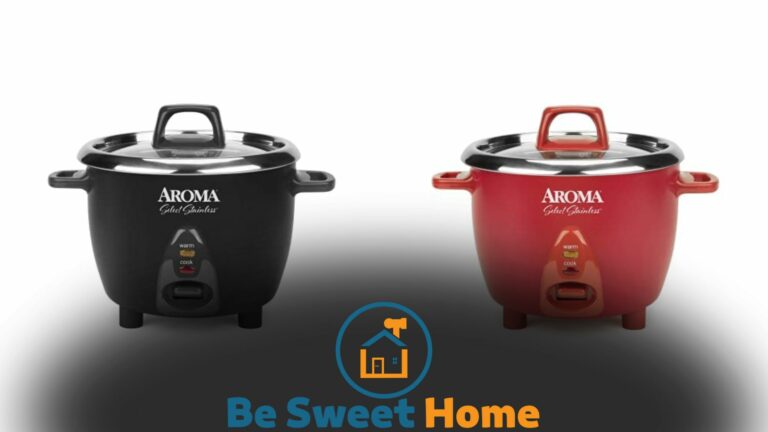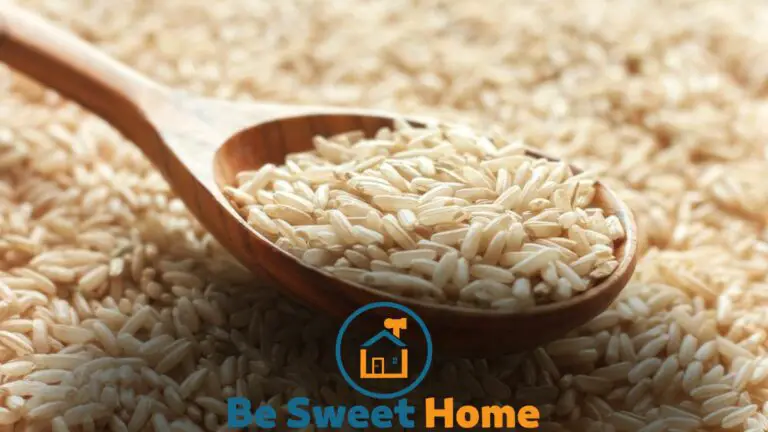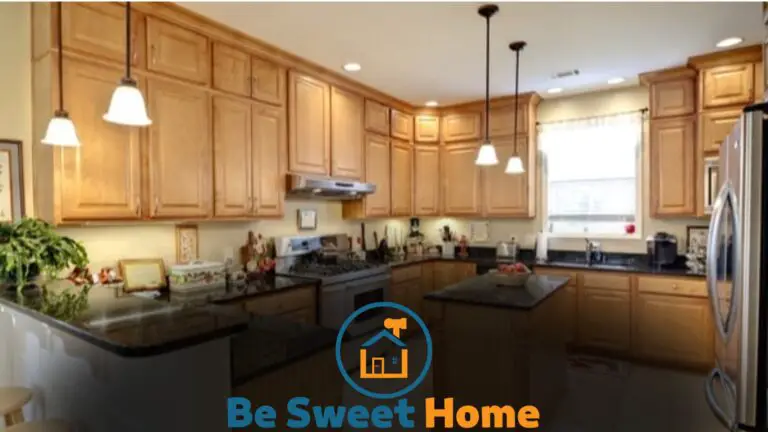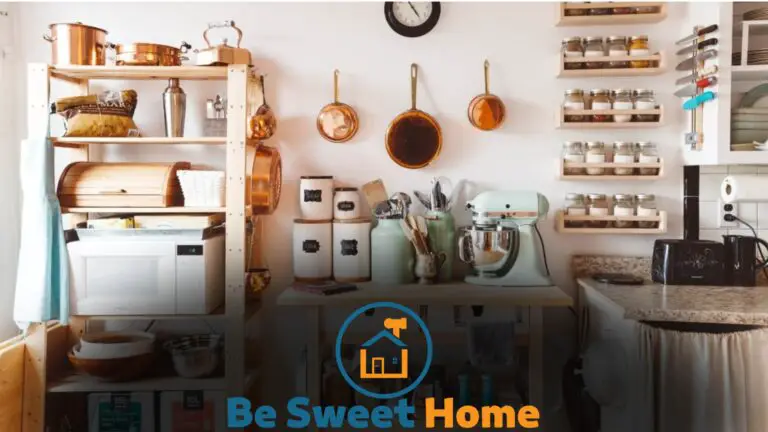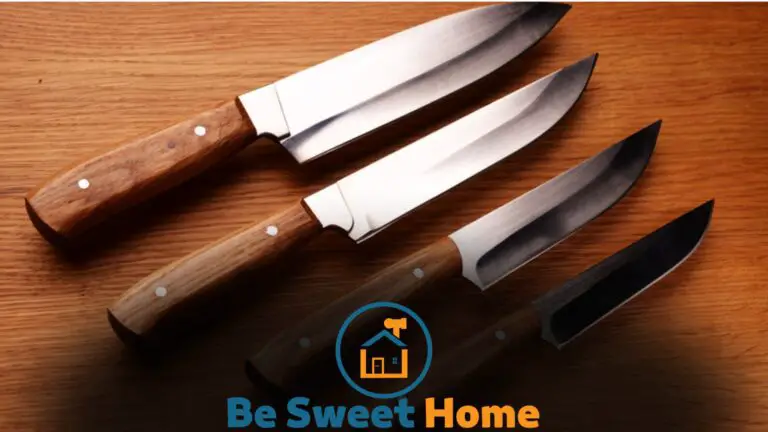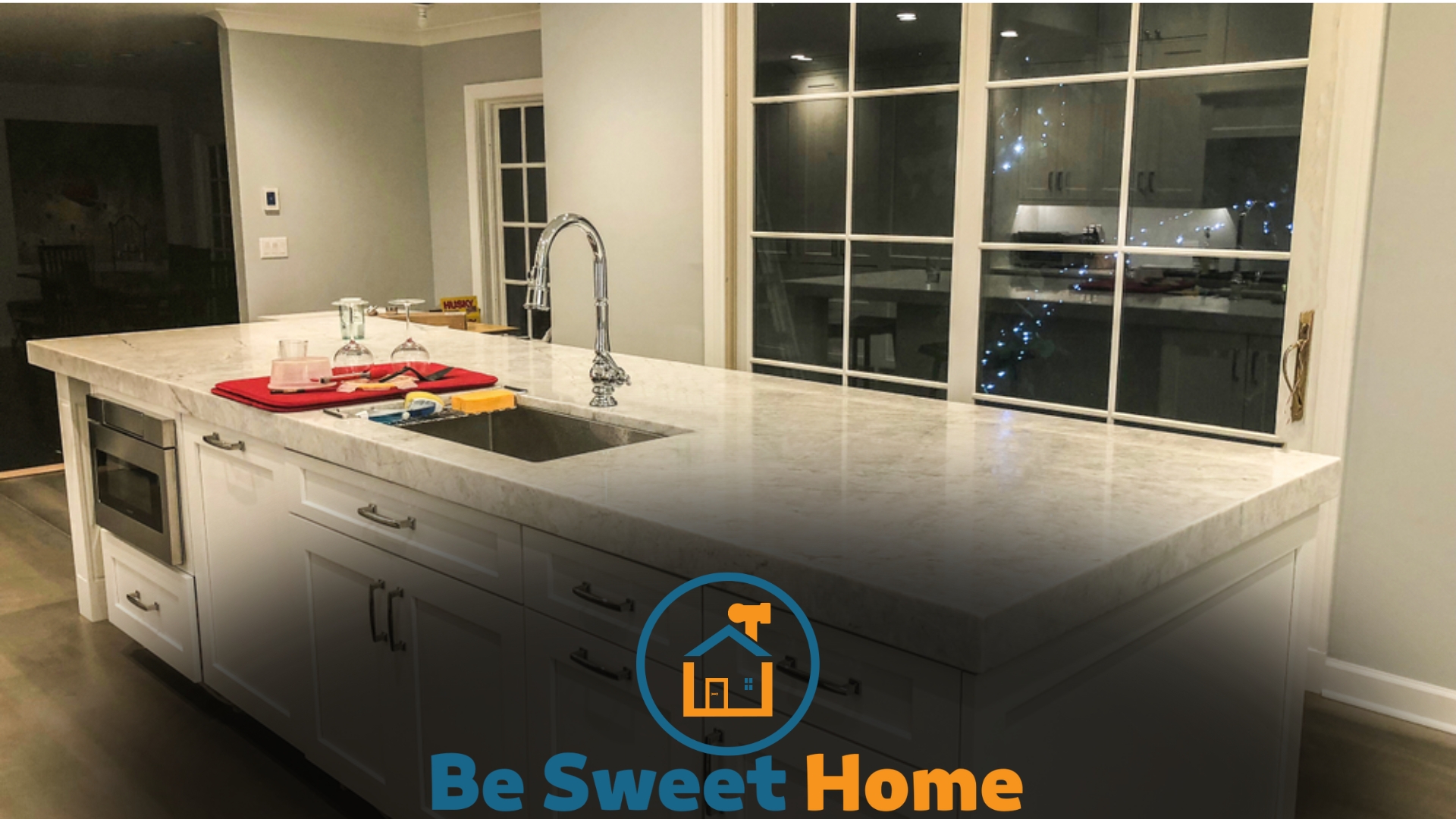

Kitchen countertops offer aesthetic appeal and functional workspaces, but they can vary in durability and maintenance requirements. High-quality materials increase property value yet may come with a higher cost.
Selecting the perfect kitchen countertop is essential for any homeowner aiming to combine style with practicality in the heart of their home. Kitchen countertops anchor the kitchen’s overall design and affect daily utility and long-term satisfaction with the space.
With an array of materials available, such as granite, quartz, marble, laminate, and butcher block, homeowners can tailor their kitchens to meet specific tastes and needs. Durability, cost, maintenance, and aesthetics are pivotal factors guiding this choice.
The right countertop can illuminate a kitchen’s design, withstand years of use, and boost home value, making it a critical investment. Opting for a countertop requires careful consideration of its pros and cons to ensure it aligns with the homeowner’s lifestyle and budget.
Choosing the Right Countertop Material
The heart of your home deserves a surface that not only stands up to the rigors of daily life but also radiates beauty. Picking the right countertop material is crucial to your kitchen’s form and function.
With each material offering distinct pros and cons, weighing your preferences and lifestyle against your choice of countertop is essential.
Factors Influencing Countertop Selection
Several key elements dictate the best countertop for your kitchen: durability, maintenance, aesthetics, and budget. Here’s a quick rundown to consider:
- Durability: Some materials resist heat, scratches, and stains better than others.
- Maintenance: Countertop upkeep varies widely; some need regular sealing, while others are virtually carefree.
- Aesthetics: The look and vibe of your kitchen hinge on your countertop’s color, texture, and finish.
- Budget: Costs can range dramatically, so set a budget and find a suitable material.
Impact of Lifestyle on Material Choice
Your daily kitchen activities should guide your material choice. Bustling households with kids might prioritize resilient and easy-to-clean surfaces.
Here’s a snapshot of how lifestyle impacts material selection:
| Lifestyle | Materials |
|---|---|
| Busy families: | Quartz, Laminate |
| Cooking enthusiasts: | Granite, Stainless Steel |
| Entertainers: | Marble, Concrete |
Evaluating Granite Countertops
Choosing the right kitchen countertop can transform your cooking space.
Granite countertops bring natural beauty and toughness to kitchens.
Let’s delve into their durability, maintenance, and cost.
Durability and Longevity of Granite
- Granite is known for its hardness, resisting scratches and heat.
- It’s a top pick for busy kitchens because of its durability.
- A granite countertop can last a lifetime, making it a smart investment.
Maintenance and Cost Considerations
| Maintenance | Cost |
|---|---|
| Initial costs can be high compared to other materials. Resale value can increase with granite countertops. | Initial costs can be high compared to other materials. Resale value can increase with granite countertops. |
Overall, granite countertops offer long-term benefits despite higher upfront costs.
The Charm of Marble
The allure of marble countertops can transform a kitchen into a dazzling home centerpiece. This stone has captivated homeowners and designers for centuries. Marble’s elegance elevates the entire space.
Aesthetic Appeal of Marble
Marble stands out for its timeless sophistication. Each slab features unique veining and swirls. No two pieces are alike.
Marble’s patterns and shades range from subtle whites to deep blacks. The stone’s natural luster adds a luxurious touch to any kitchen.
- Breathes luxury: Marble’s reputation for luxury is unmatched.
- Versatile designs: Suits various decor styles, from classic to modern.
- Natural look: Offers unrivaled beauty with its earthy tones.
Susceptibility To Scratches and Stains
Marble’s softness is a double-edged sword. On one side, it allows for easy shaping and cutting. On the other, marble can scratch and stain without proper care.
- Easily scratched: Sharp objects and abrasive materials can damage the surface.
- Prone to stains: Acidic substances like lemon juice can etch the finish.
- Requires sealing: Regular sealing helps protect against damage.
With diligent maintenance, marble countertops can retain their charm for decades.
Quartz Composite: a Modern Alternative
Exploring the world of kitchen countertops leads to the discovery of Quartz Composite, a cutting-edge material shaking up modern interior design. This engineered solution blends natural elegance with industrial resilience, catering to various tastes and kitchen demands.
Benefits of Engineered Stone
Quartz composite emerges as a standout choice for countertops, driven by its compelling benefits:
- Consistency in Color and Pattern: Unlike natural stones, Quartz offers a uniform appearance.
- Non-Porous Surface: Resists staining and doesn’t require sealing.
- Durability: Stands up to scratches, chips, and cracks.
- Maintenance: Easy clean-up with just soap and water.
- Design Options: Available in various colors and finishes to fit any kitchen style.
Quartz vs. Natural Stone Options
| Feature | Quartz Composite | Natural Stone |
|---|---|---|
| Appearance | Uniform color and pattern | Unique veins and textures |
| Porosity | Non-porous | Porous – may need sealing |
| Durability | Resistant to damage | Can be sensitive to stains and scratches |
| Maintenance | Low – easy to clean | Higher – regular sealing and careful cleaning |
| Cost | Varies – often more affordable | Varies – can be expensive |
Quartz countertops challenge traditional natural stone with their balance of beauty and brawn. The hardiness of engineered stone means it can support kitchen activities without a hitch.
The quartz composite offers a perfect amalgamation of science and aesthetics, making it a formidable contender in the countertop arena.
Sustainability of Recycled Materials
Choosing a countertop involves style, function, and upbringing. Recycled materials stand out. They turn waste to wonder. This choice reflects a care for the planet.
Let’s dive into the pros and cons.
Eco-friendly Advantages
Recycled countertops offer eco-benefits:
- Less waste: They use discarded items, cutting landfill pile-up.
- Energy conservation: Making these needs fewer resources than new materials.
- Healthier homes: Many have fewer harmful chemicals.
- Durable options: Some brands craft lasting surfaces.
Constraints in Design Diversity and Performance
Recycled materials might limit choices:
- Color and texture variance: These may be less compared to virgin materials.
- Distinct patterns: Finding uniform patterns can be hard.
- Heat resistance: Some might be sensitive to high temperatures.
- Scratch proofing: Durability varies, not all are scratch-resistant.
Wooden Countertops: Rustic and Warm
Wooden countertops bring a touch of nature inside your kitchen. Their rustic appeal and warm tones invite a cozy atmosphere. Every wood slab tells a unique story with its grains and knots.
These countertops are perfect for those seeking a charming and inviting kitchen vibe.
Pros of Using Wood for a Warm Ambience
- Warmth and Character: Wood stands out for its natural warmth, making your kitchen a welcoming space.
- Unique Patterns: Each countertop has unique grain patterns. No two wood tops are the same.
- Versatile Style: Match any kitchen theme from modern to traditional.
- Eco-Friendly: Renewable resource suitable for green homes.
- Workable: Easier to cut and install than stone.
Wood’s Vulnerability To Water and Heat
Despite its beauty, wood has weaknesses. Water can damage it, causing mold and rot. The heat from pots and pans may scorch surfaces.
Regular maintenance, like oiling, helps prevent issues. Use trivets and dry cloths to protect your wood countertops.
| Maintenance Need | Why It’s Important |
|---|---|
| Oiling and Sealing | It keeps water and bacteria out and retains wood’s appearance. |
| Avoiding Heat Exposure | Prevents burn marks, ensuring a long-lasting countertop. |
| Regular Cleaning | Stops water damage and stains, maintains hygiene. |
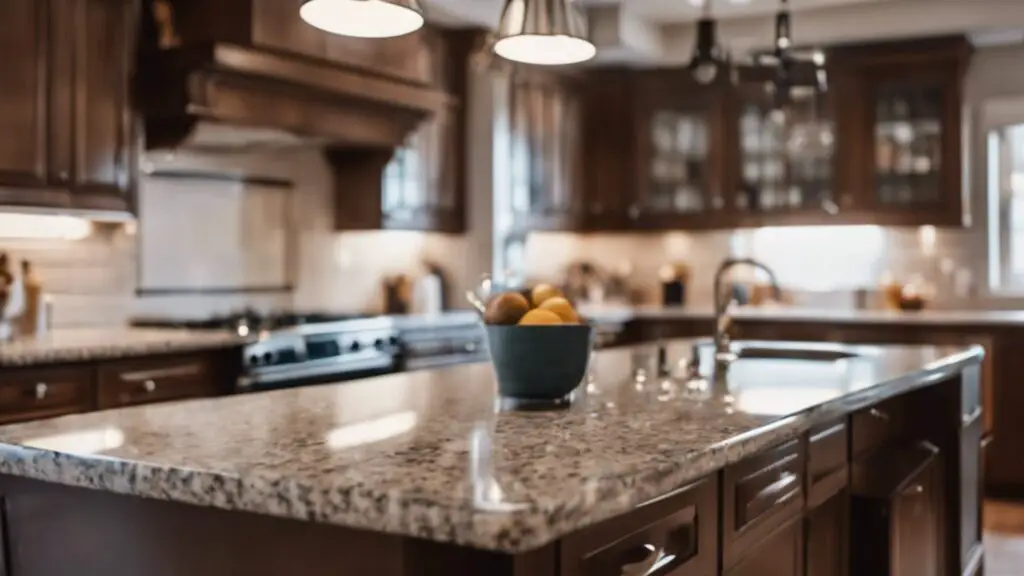
Frequently Asked Questions
What Are Popular Kitchen Countertop Materials?
Popular kitchen countertop materials include granite, quartz, marble, laminate, and butcher block, each offering distinct aesthetics and maintenance needs.
How Long Do Quartz Countertops Last?
Quartz countertops can last indefinitely with proper care and maintenance, often outliving the lifespan of the home itself.
Can Marble Counters Withstand Heat?
Marble counters can withstand heat to some extent, but sudden temperature changes or prolonged exposure can cause damage or discoloration.
Are Laminate Countertops Budget-friendly?
Laminate countertops are known for their affordability, making them a budget-friendly option compared to stone or solid surface counters.
Do Granite Countertops Increase Home Value?
Granite countertops are often perceived as a premium feature and can increase overall home value.
Conclusion
Selecting the right kitchen countertop comes with its share of deliberation. Balancing aesthetics, durability, and cost points to your perfect fit. Remember, your choice sets your kitchen’s tone for years.
Thoughtful consideration of each material’s merits and drawbacks ensures a decision you’ll savor long-term.
Embrace the journey to your dream kitchen!

